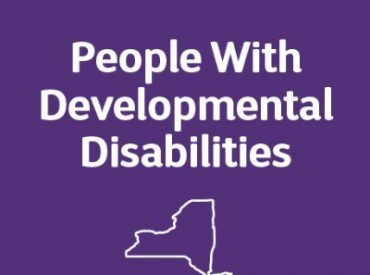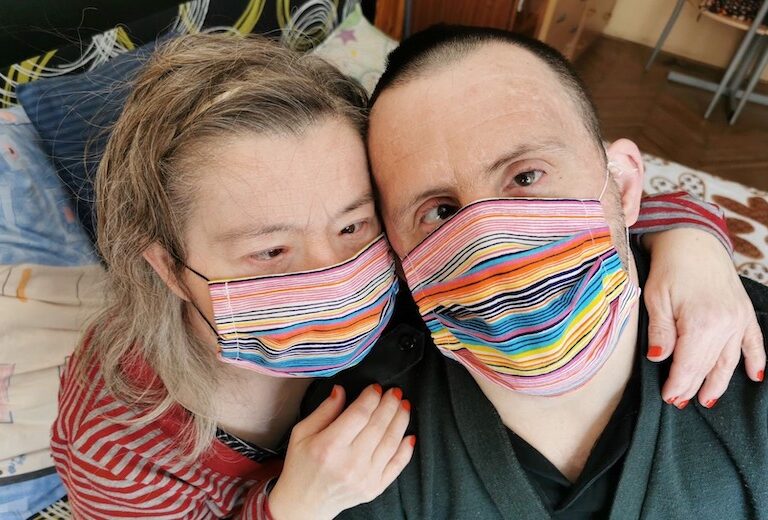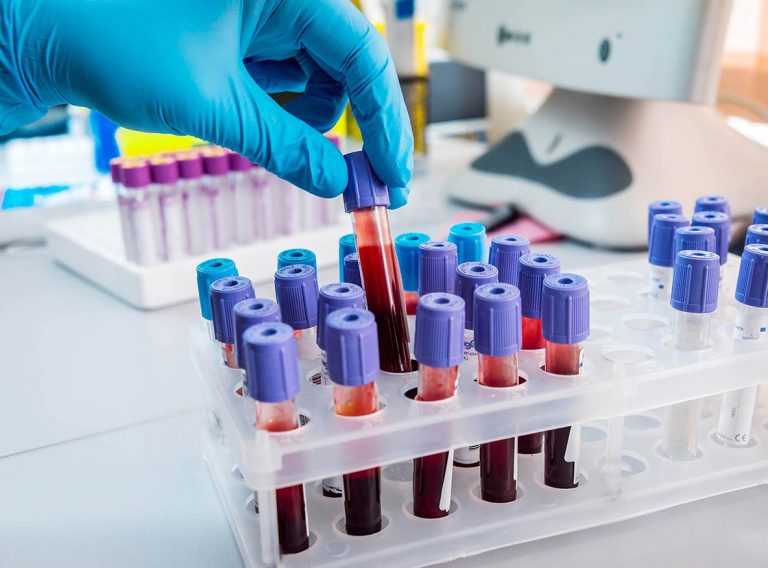Wellbound Knowledge Base
The Assessment Process to Receive OPWDD
Once your eligibility to receive OPWDD services has been determined, you will start the assessment process. The purpose of the assessment is to identify your current strengths and needs and the natural or community supports you have or can get. This information is used to plan for services you need and to develop your person-centered plan.
OPWDD uses two tools when assessing your service needs:
1. The Developmental Disabilities Profile (DDP-2) is a brief assessment used by OPWDD to identify your challenges and your service needs. OPWDD staff will work with you and your family to complete the DDP-2 during the initial assessment process. To do this, OPWDD staff will ask you questions about your life in order to more fully understand your strengths and needs.
2. The Coordinated Assessment System (CAS) is a comprehensive assessment tool used by OPWDD to identify your strengths, needs and interests and to assist in person- centered planning for your care. The CAS asks many questions about you, your living situation, your needs and interests, and your challenges so that the services that will best meet your needs can be identified.
What is Person-Centered Planning?
Person-Centered Planning is the way you and your Care Manager explore your needs and wants—what is important to you, how you want to live, and how OPWDD can provide the support to help you get there. The Person-Centered Planning process is directed by you and the people important to you, usually including your family members. The focus is on your abilities, capacities, interests and what you are looking for in your life. By providing supports and services planned around your needs and goals, OPWDD can help you reach your potential and live a fulfilling life.
Focus on Outcomes!
The results of the planning and services provided—the outcomes—are what really matter. Outcomes are not goals, but tell us whether a person’s goals are being achieved.
The planning and supports provided should work for you and your family. To find out if they do, we look at the results and ask questions like:
• Are you connected to activities that are important to you?
• Are the supports helping you develop and maintain relationships that are important to you?
• Do you feel safe and stable? Developing a plan for your supports and services is only the first step. We continually work with you to make sure the plan meets your needs and revise it as necessary.
Source: CDC.GOV
Wellbound Knowledge Base
Medicaid and OPWDD Services and Facts Explained
How is OPWDD eligibility determined for children?
The OPWDD Eligibility Review – How it works?
Wellbound Blog
Speak to a Patient Advocate
Wellbound is a person and family-centered agency dedicated to providing a stronger standard of care for children and adults in the special needs community. We offer a vast array of integrative, multidisciplinary therapies to ensure maximum growth for individuals with special needs.
When your submission is received today during the business hours, a patient advocate at Wellbound gets back to you in an average of 30 min.
Call Us Now!
Please feel free to contact our friendly staff with any special needs inquiries you have. We will get back to you as soon as we can.
Reaching Goals for Life-Long Success
At Wellbound, our therapists practice and encourage cognitive, interpersonal, mobility, self-care, and communication skills in the comfort of familiar surroundings.
With compassionate therapeutic approaches and a focus on dignified support, we encourage every individual with special needs to feel safe, secure, and happy in their home environment.
- Comprehensive Care Management
- Individual & Family Support
- Licensed Therapists (OT, PT, ST)
- Dedicated Patient Advocates













